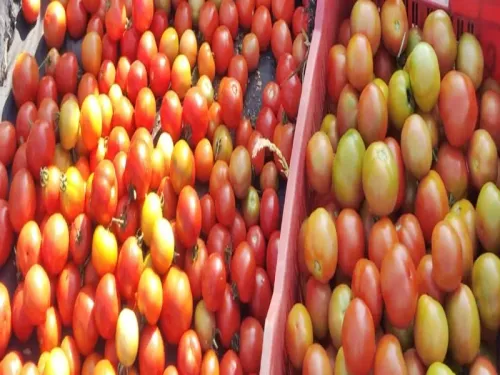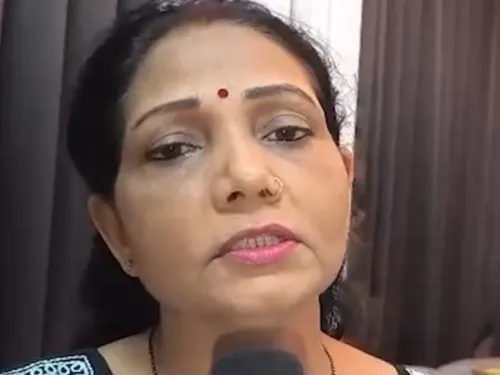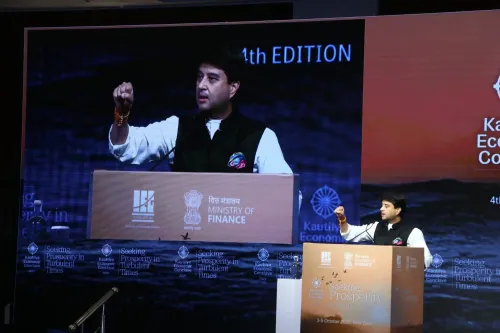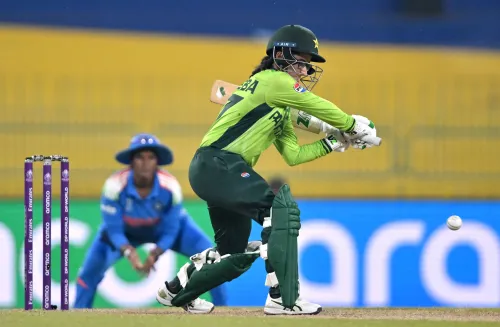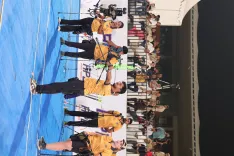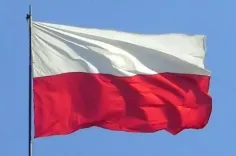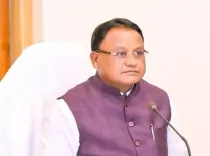Is the Dual Nativity Controversy Disrupting Medical Admissions in Puducherry?
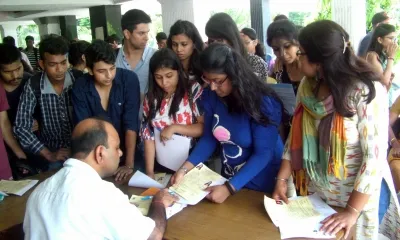
Synopsis
Key Takeaways
- Dual nativity claims can lead to unfair advantages in admissions.
- The Pondicherry State Students and Parents Welfare Association is advocating for immediate investigations.
- Authorities are urged to verify applicants' NEET scores rigorously.
- Previous instances of disqualification highlight the need for stricter enforcement.
- Failure to address these issues could harm local candidates' prospects.
Puducherry, Aug 2 (NationPress) The ongoing controversy surrounding dual nativity has once again disrupted the medical admissions in Puducherry, with reports of discrepancies emerging in the draft merit list published by the Centralised Admission Committee (CENTAC) for MBBS and other NEET-based courses allocated under the government quota.
The Pondicherry State Students and Parents Welfare Association has raised concerns about potential exploitation of nativity claims, with its president V. Balasubramanian disclosing that at least two students appeared on both Puducherry’s CENTAC merit list and the Tamil Nadu Health Department list.
This duplication indicates a possible fraud regarding the declaration of nativity, which is a vital component for admissions within the Union Territory’s government quota.
In an official petition submitted to the Lieutenant Governor, Chief Minister, and senior officials of the UT administration, the association has called for an immediate investigation and intervention.
It has urged officials to ensure that candidates from other states do not seize seats designated solely for Puducherry residents.
The association has also requested a comprehensive verification of applicants’ NEET scores, rank numbers, and personal information against merit lists from Tamil Nadu, Andhra Pradesh, Telangana, Karnataka, and Kerala.
Balasubramanian expressed concern that numerous similar instances might have gone unnoticed due to inadequate scrutiny.
Despite explicit provisions in Puducherry’s admission guidelines — which disqualify any student declaring nativity in more than one state during the same academic year — this issue persists annually.
The regulations also require a parental declaration confirming the authenticity of the nativity claim, yet activists argue that enforcement is lacking.
Last year, eight students faced disqualification due to dual nativity claims.
However, the association has criticized CENTAC and the Puducherry Health Department for failing to effectively implement the rules.
Balasubramanian accused these departments of lacking proactive measures to identify and prevent fraudulent claims.
Highlighting recent actions by Tamil Nadu authorities, who disqualified over 23 students for submitting fraudulent documents under the NRI and other quota categories, the association has urged the Puducherry government to adopt similar stringent punitive actions.
It has also called for accountability against students, parents, and intermediaries involved in obtaining false nativity certificates.
As the admissions process progresses, the association warns that neglecting to address this matter swiftly could deprive deserving local candidates of their rightful chance to pursue medical education.

